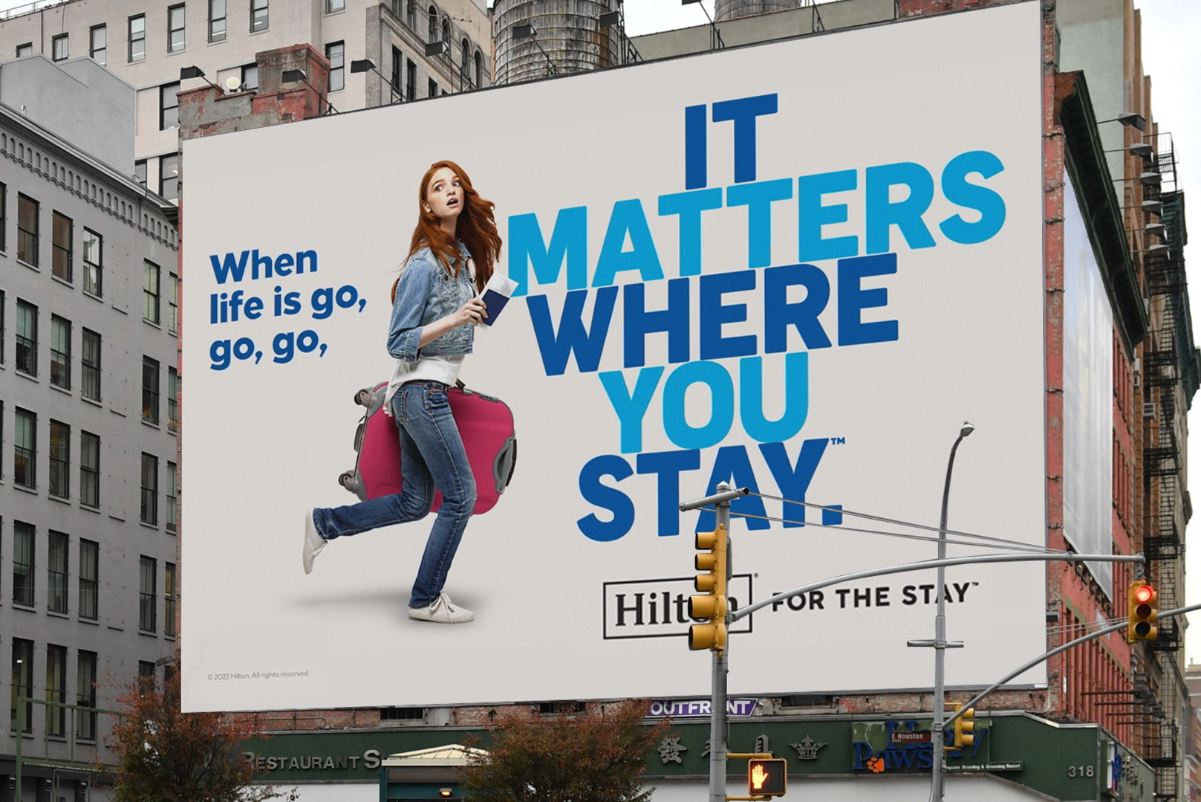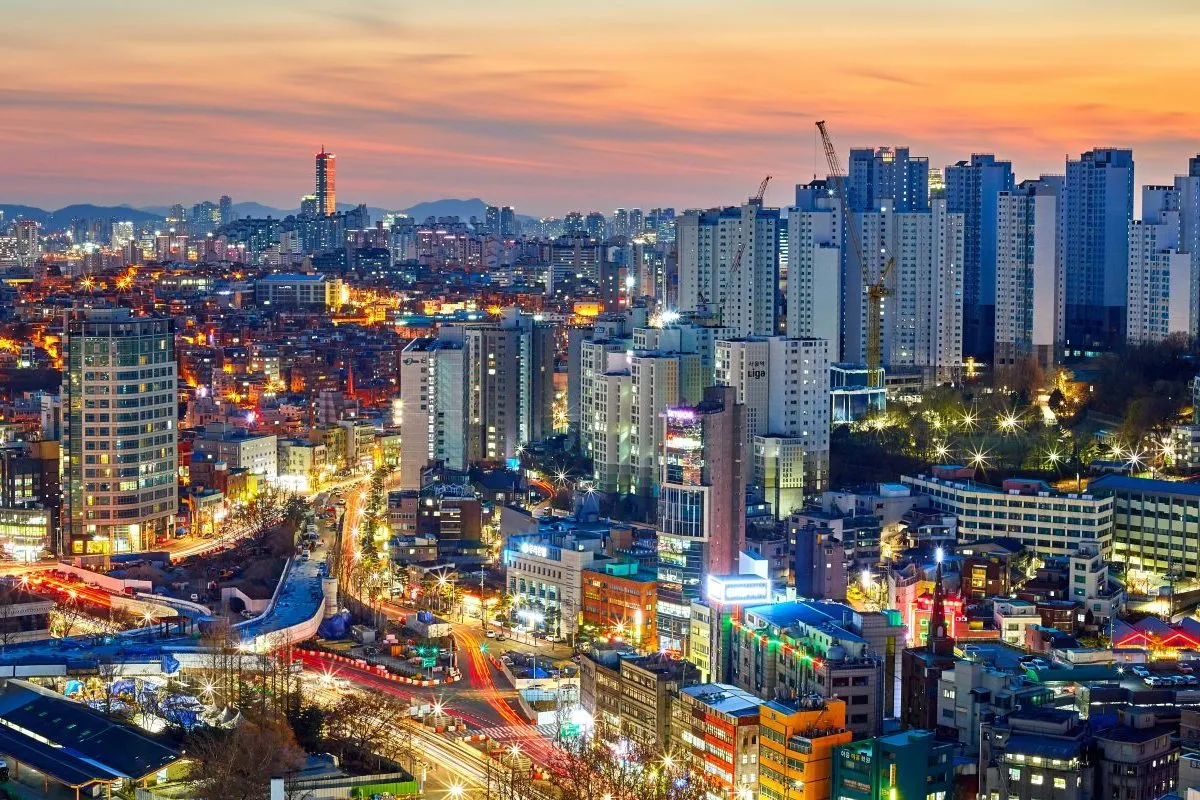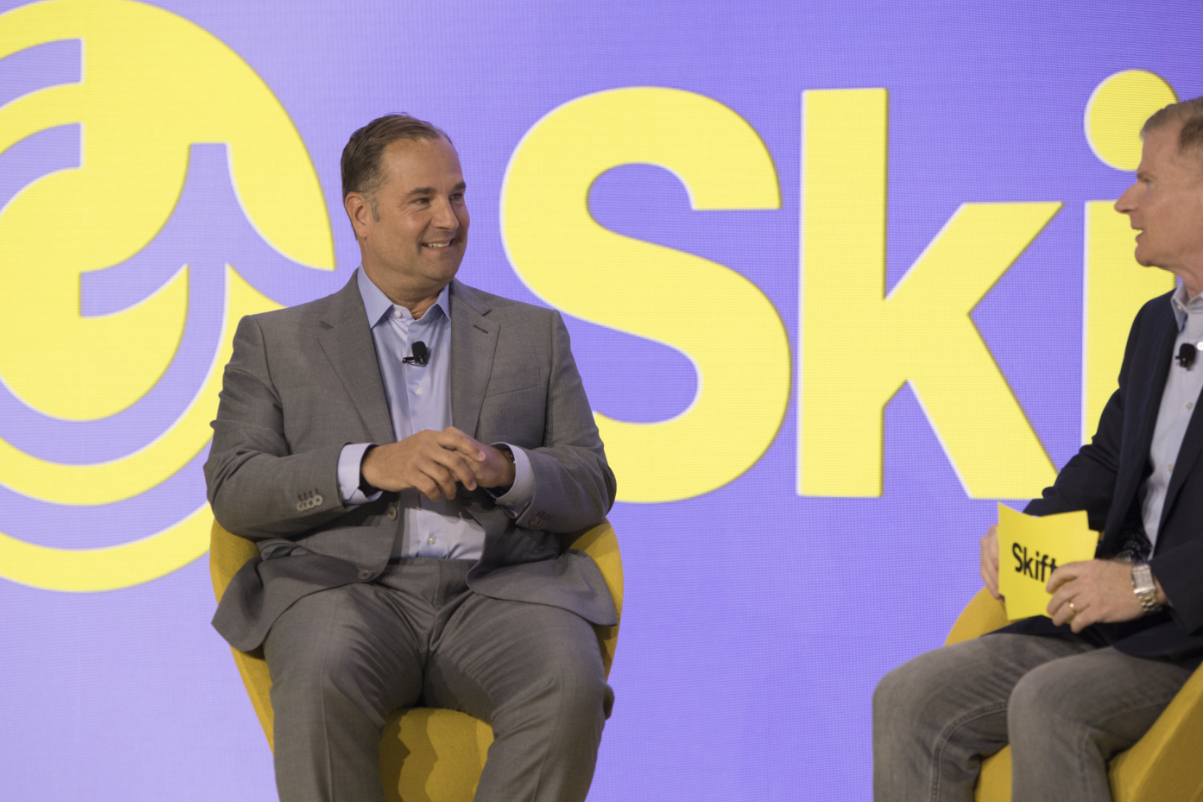Travel's Power Players, Hotel Growth Race and Expedia's B2B Business

Skift Take

Skift Daily Briefing Podcast
Listen to the day’s top travel stories in under four minutes every weekday.Good morning from Skift. It’s Thursday, September 5, and here’s what you need to know about the business of travel today.
Listen Now
🎧 Subscribe
Apple Podcasts | Spotify | YouTube | RSS
Episode Notes
Skift has unveiled its Power Rankings, our list of the most influential people in the travel industry. With the help of Skift Research, our editors spent several months establishing a methodology, crunching the numbers and weighing each leader’s influence to create our list of travel’s 30 most powerful people.
Hilton CEO Chris Nassetta takes the top spot on our list. During his time as Hilton CEO, Nassetta has more than doubled Hilton’s global room. Number two is Airbnb CEO Brian Chesky, who has helped change how many people travel around the world. And just behind Chesky is United Airlines CEO Scott Kirby, the driving force behind the Chicago-based carrier being one of the U.S.’ most profitable airlines.
Next, both Marriott and Hilton recently reached milestones in terms of portfolio growth. What company is leading the hotel growth race though? Senior Hospitality Editor Sean O’Neill delves into the matter.
Hilton and Accor have seen their property counts increase by at least 6% in the past five years. Meanwhile, Hyatt registered a 25% growth spurt although O’Neill notes it was a jump from a significantly smaller base. As for room count, Hyatt was the largest gainer, recording a roughly 16% increase in the last five years.
Finally, Expedia Group CEO Ariane Gorin has defended its $25 billion B2B business, arguing it isn’t diluting the company’s consumer businesses, writes Executive Editor Dennis Schaal.
Gorin said at a recent investor conference that the B2B business is “incremental” to Expedia’s consumer businesses — including Expedia.com, Hotels.com and Vrbo. She noted that 60% of the bookings in the B2B business take place at points of sale on partner sites outside of the U.S. As for Expedia’s total business, including its consumer brands, only about 36% of revenue last year was generated outside of the U.S.
However, Skift Senior Research Analyst Pranavi Agarwal argues that Expedia is creating more competition for itself.





